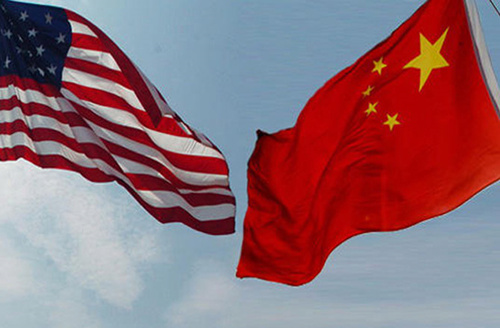
As reported last week, the Motion Picture Association of America has signed an agreement with China Film Group Corporation that will allow US rights owners to realize more money from film exhibition in China.
The agreement was immediately hailed in the trades as solidifying and stabilizing the market for US films in China. And for good reason: if everything that was announced comes to pass, it will be a significant step forward for US studios and other rights holders.
The agreement (titled, in typically awkward bureaucratese, “Agreement on Cooperation in Importation and Distribution of Revenue-Sharing Films,” or “”) addresses three longstanding sore points for US rights holders with respect to quota films (i.e., films that qualify as one of the 34 revenue-sharing films under China’s quota system):
- US rights holders will receive 25% of net revenue without any additional withholding for taxes or marketing expenses. Among other things, this addresses China Film Group’s unilateral move in 2013 to withhold a new VAT, which led to monthlong delays in the payment of hundreds of millions of dollars.
- US rights holders will get paid in reasonably timely fashion. This addresses the same situation noted above.
- US rights holders will be able to audit Chinese distributors, sub-distributors, and exhibitors with regard to ticket sales and revenue. This addresses, for example, last month’s revelation that Chinese exhibitors had misattributed millions of dollars in box office revenue so that a Chinese propaganda movie, The Hundred Regiments Offensive, would top the box office instead of Terminator: Genisys.
Much credit should go to the MPAA negotiators for getting China Film Group to execute an agreement. But this deal must also be viewed in context. China lost face when it got caught fudging at the box office, and at the same time they wanted to give face to the MPAA during the US-China Film Summit and the simultaneous China International Co-Production Film Screenings. It’s of a piece with last week’s announcement of a special task force to combat counterfeit Disney goods in China, which will give Disney face before next year’s launch of Shanghai Disney.
Moreover, this deal is not self-executing, and China has a long history of agreeing to implement reforms and not following through. IFTA, the consortium of independent film and television companies, has a laundry list of complaints about China’s failure to honor its WTO commitments.
Don’t get me wrong–it’s certainly better to have this agreement than nothing at all. And the language about auditing could prove to be the most influential of all. We have been fielding an increasing number of requests regarding the auditing of Chinese film producers, distributors and exhibitors, and not all of the requests have been from foreign companies. As more Chinese companies see the value in audits—and in drafting agreements that specifically address the accounting tricks in the Chinese film industry—enforcement will follow, and the benefits will redound to everyone.
—This article, which first published on the China Law Blog, was corrected on November 11 to reflect that the MPAA did not make an announcement at the US-China Film Summit about the agreement referenced above.





